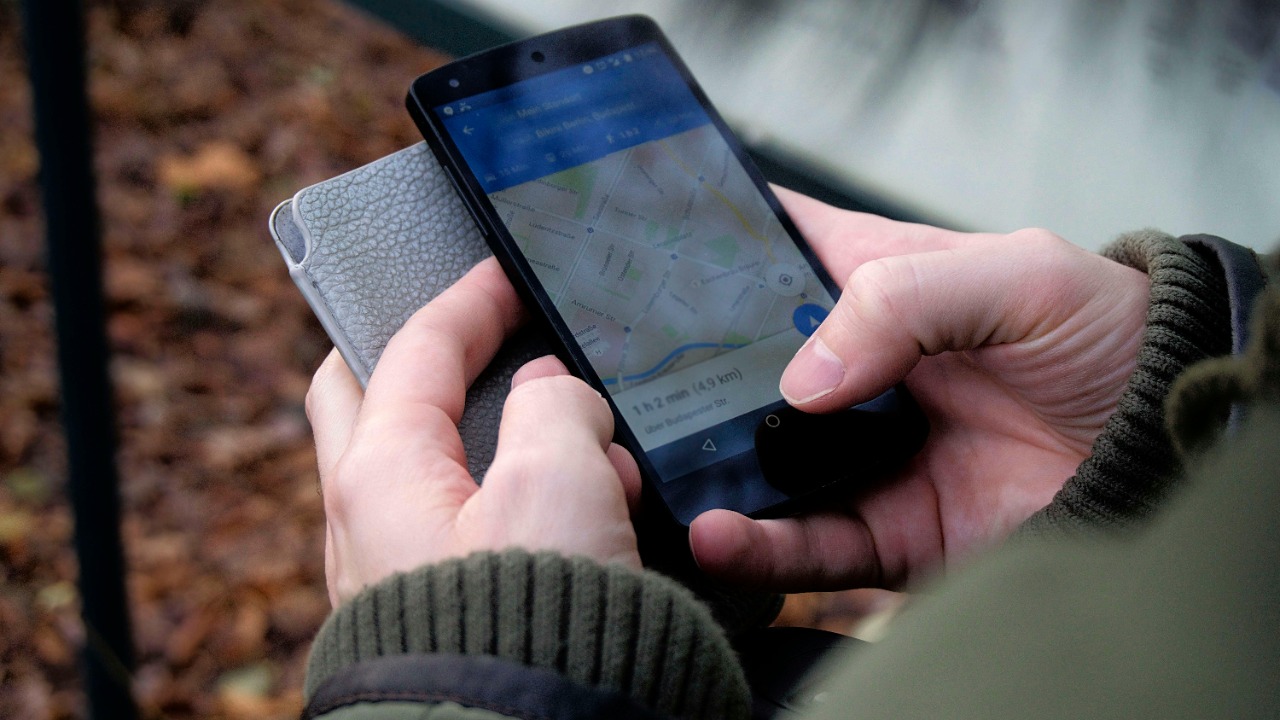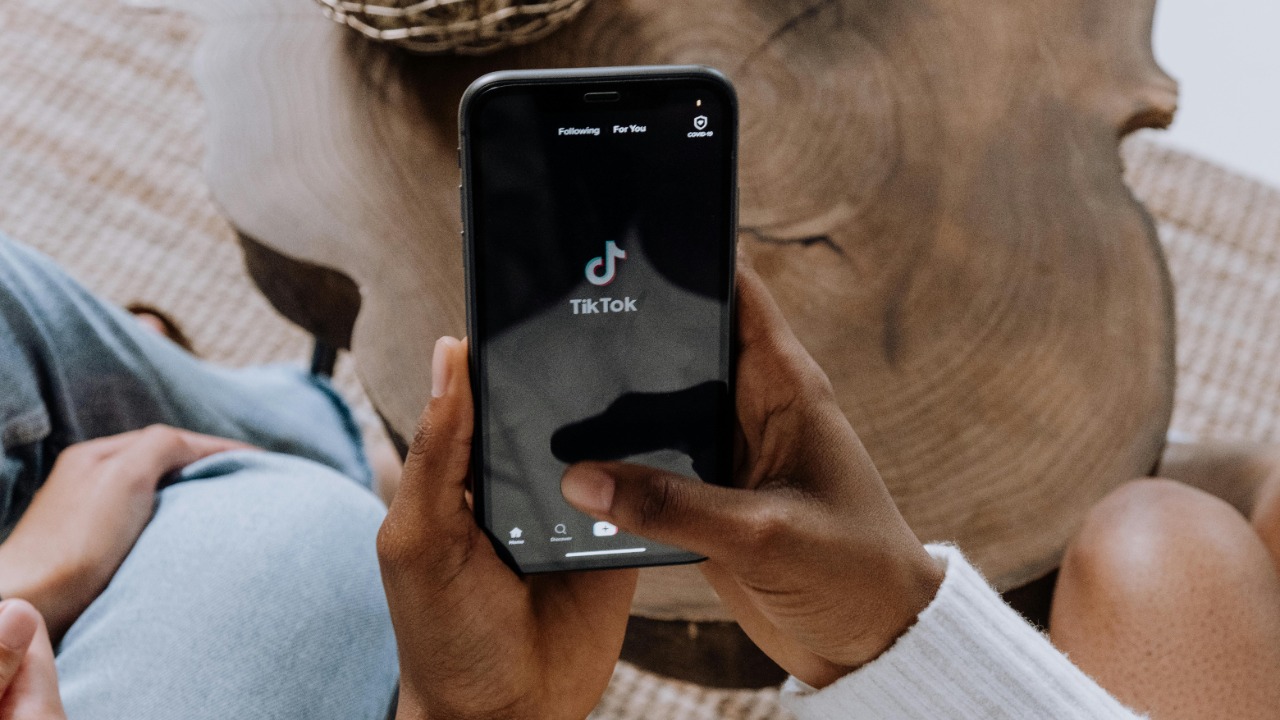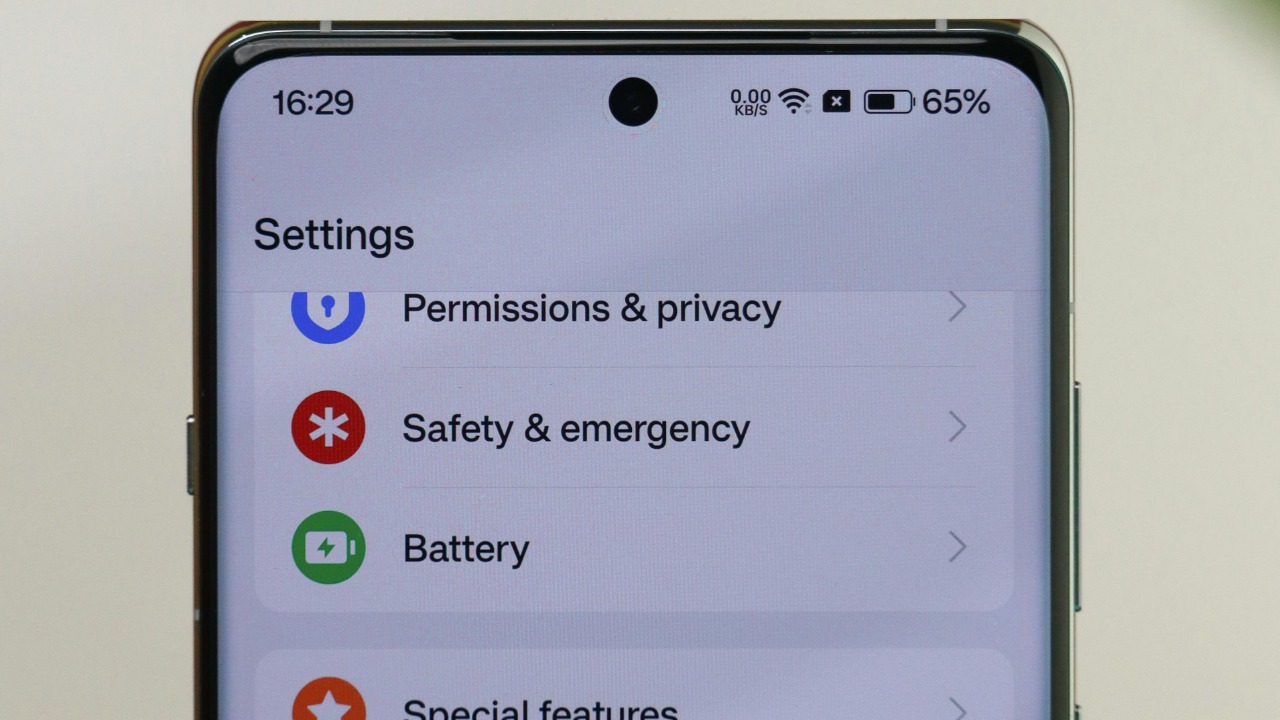
With the proliferation of mobile applications, concerns over privacy and data security have surged. Several popular apps have been identified as potential threats due to their capacity to leak users’ location data to foreign entities. This article delves into these apps, the risks involved, and what users can do to protect their privacy.
The Mechanics of Location Tracking in Apps

Mobile applications commonly access location data through a combination of GPS, Wi-Fi, and sometimes even cell tower triangulation to pinpoint a user’s precise location. When you install an app, it often requests permission to access your location. This can be essential for apps like maps or ride-sharing services, but it’s also commonly requested by apps that don’t have an apparent need for such data. When users grant these permissions, they often do so without fully understanding the extent of data sharing that may occur.
Once an app has access to your location data, it is typically transmitted to a cloud server where it can be stored and analyzed. This process can leave the data vulnerable to interception, especially if transmitted over unsecured networks. Unauthorized parties, including potential hackers or foreign entities, might access this data if security measures are not robust. Apps may also store this data for longer periods than necessary, further increasing the risk of unauthorized access.
Many users remain unaware of the implications of the permissions they grant to apps. Permissions are often bundled, allowing apps access to more data than necessary. This lack of awareness can lead to unintended privacy compromises, as users may unknowingly allow apps to track their location continuously. Understanding the permissions requested by an app and the potential privacy implications is crucial for maintaining control over personal data.
Apps with Chinese Ties: A Closer Look

While TikTok has been widely scrutinized for its data collection practices, it is far from the only app with Chinese affiliations raising privacy concerns. Recent reports have highlighted other popular apps, such as WeChat and SHAREit, which also collect extensive user data and have faced scrutiny over their data handling practices. These apps often gather more data than necessary, including location data, which can then be accessible to foreign entities. The concerns are not limited to direct data collection; the geopolitical implications of such data being accessible to foreign governments, particularly China, add another layer of complexity.
The concept of data sovereignty is crucial here. When data is stored in servers located in or accessible by foreign governments, it can be subject to local laws that might compel companies to share it with the government. This has raised alarms about the potential misuse of personal data, particularly when it comes to sensitive information like location data. The geopolitical landscape can influence how data is treated, making it important for users to be aware of the implications of using apps with ties to foreign countries.
Specific case studies illustrate the extent of data collection by these apps. For instance, WeChat not only tracks user interactions within the app but also collects data about users’ locations, contacts, and frequently visited places. Such extensive data collection practices highlight the need for users to be vigilant about the apps they choose to install and the permissions they grant.
Risks of VPN and IP Leaks

Virtual Private Networks (VPNs) are often used as a tool to enhance online privacy by masking a user’s IP address. However, not all VPNs are foolproof. A phenomenon known as VPN leakage can occur, where the VPN fails to fully conceal the user’s IP address, inadvertently exposing their location. This can happen due to misconfigurations or certain vulnerabilities in the VPN protocol being used.
When an IP address is leaked, it can be used to approximate a user’s physical location, which can compromise privacy. This is particularly concerning for users in regions with strict data privacy concerns or for those who wish to keep their online activities private. Leaked IP addresses can also be used to track browsing habits, further eroding user privacy.
To mitigate the risks of VPN leaks, users should select VPN services that offer robust security features and have a good track record for privacy protection. It’s advisable to choose VPNs that employ advanced encryption protocols and have a no-logs policy, ensuring that no user data is stored on their servers. Regularly updating VPN software and configuring it correctly can also help minimize the risk of IP leaks.
The Role of Regulation and Policy

Current regulations on data privacy vary widely across the globe, with some regions having stricter laws than others. For instance, the European Union’s General Data Protection Regulation (GDPR) sets a high standard for data protection, requiring consent for data collection and granting users the right to access and delete their data. However, the effectiveness of these regulations in curbing location data leaks is often debated, as enforcement can be challenging.
International efforts and agreements play a vital role in protecting user data from foreign access. Initiatives like the EU-U.S. Privacy Shield, although recently invalidated, aimed to provide a framework for data transfer between regions while protecting user privacy. However, the dynamic nature of digital data flows requires ongoing collaboration and adaptation of legal frameworks to address emerging privacy challenges.
Proposed policy changes are often focused on enhancing user privacy and limiting foreign access to sensitive data. Suggestions include stricter requirements for data storage locations, enhancing transparency around data collection practices, and increasing penalties for non-compliance. Such measures could provide users with greater control over their data and foster trust in digital services.
Protecting Your Privacy: Steps Users Can Take

Managing app permissions is a fundamental step in safeguarding your location data. Users should regularly review the permissions granted to apps and revoke any that seem unnecessary. Both Android and iOS devices offer settings to control app permissions, allowing users to limit access to their location data and other sensitive information.
Opting for privacy-focused apps and services can also enhance data protection. Apps that prioritize user privacy often come with features like end-to-end encryption and minimal data collection practices. It’s worth exploring alternatives to mainstream apps that have stronger privacy commitments, ensuring that personal data remains secure.
Staying informed about the apps you use and remaining vigilant about privacy policy changes is crucial. Regularly updating apps ensures that you benefit from the latest security patches. Additionally, being aware of new reports and studies on app data practices can help you make informed decisions about which apps to trust. For instance, discussions on privacy forums and communities can provide valuable insights into app behavior and user experiences.
Ultimately, user awareness and proactive measures are essential in navigating the complex landscape of digital privacy. By understanding the potential risks and taking steps to protect personal data, users can maintain control over their privacy in an increasingly interconnected world.